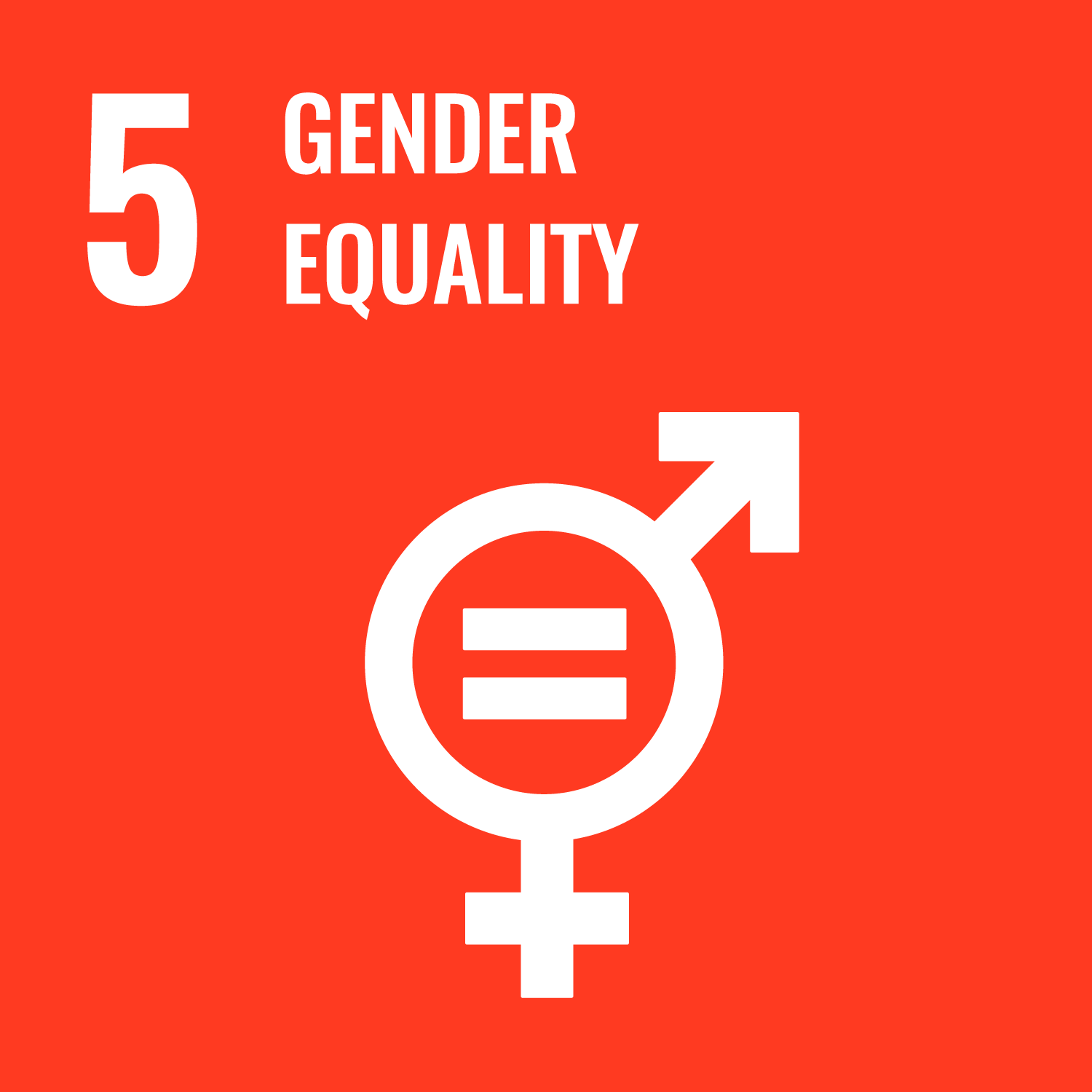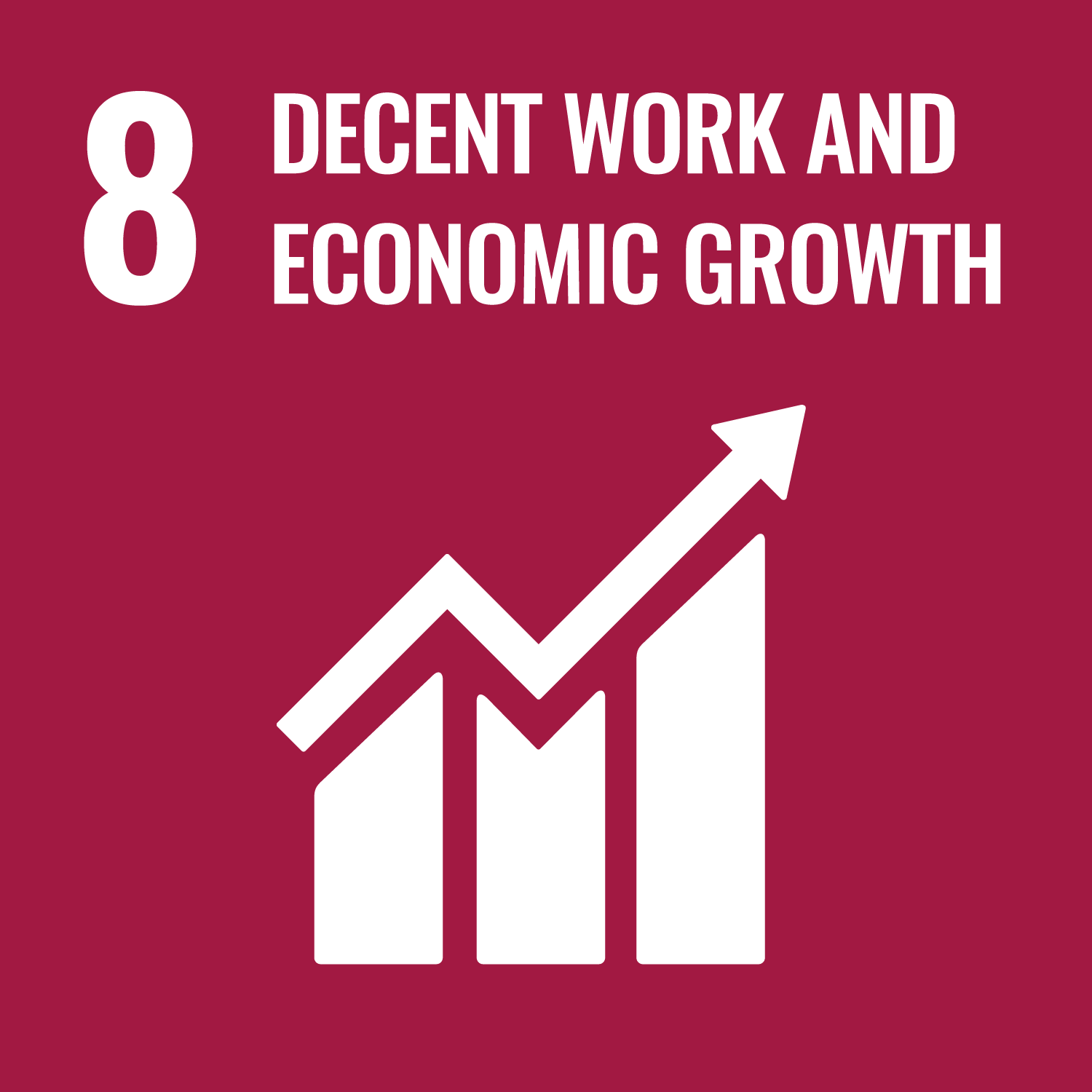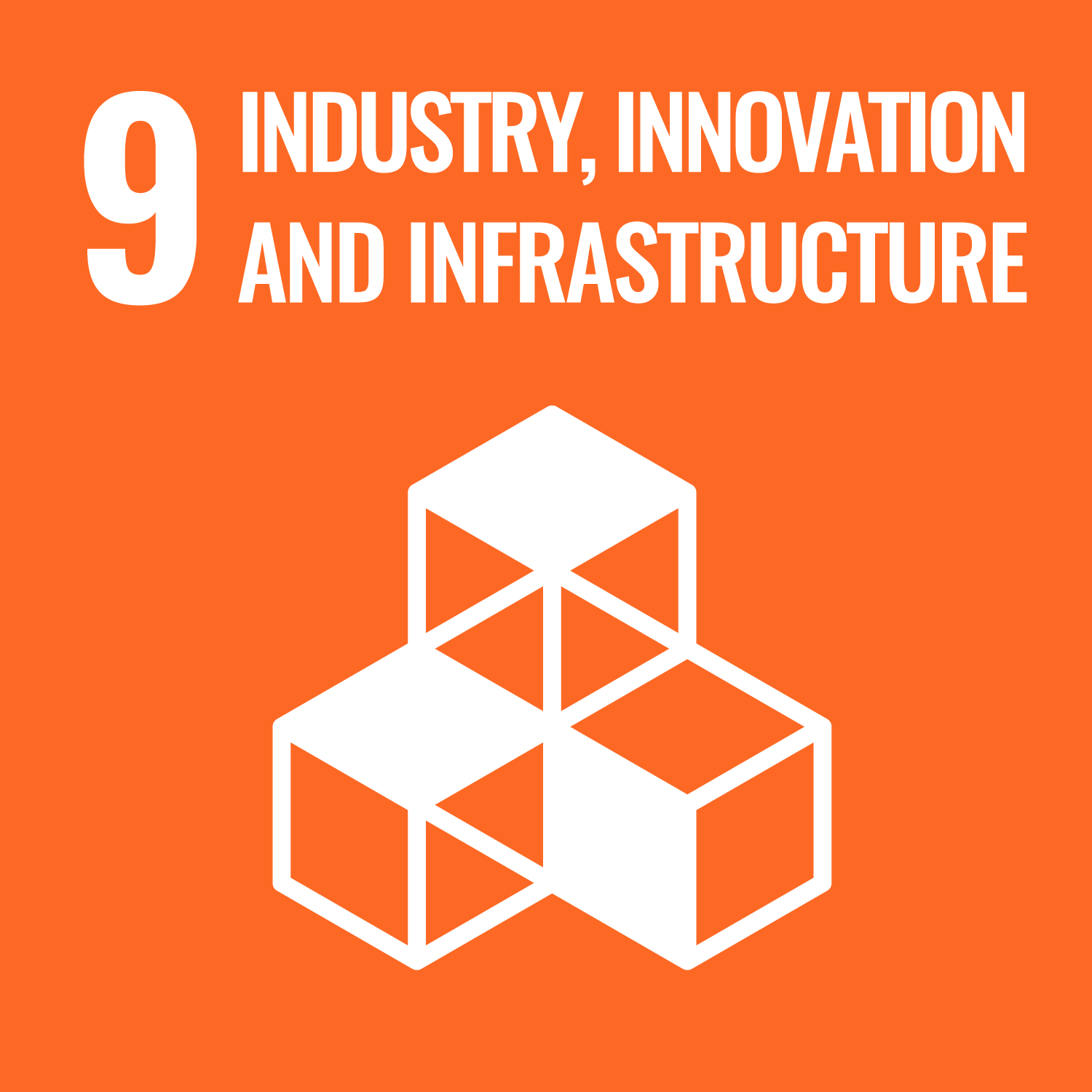On February 4, the Japan International Cooperation Agency (JICA) signed a Loan agreement with a Brazilian Bank, Banco BTG Pactual S.A., to fund micro, small and medium-sized enterprises (MSMEs) in Brazil through the Private Sector Investment and Finance (PSIF) window.
MSMEs have played a vital role in sustaining the nation’s economy and job creation, accounting for about 30 percent of the nation’s gross domestic product (GDP) and 62 percent of employment. However, MSMEs have long been in a harsh business environment characterized by economic instability. The resultant unmet financing needs of MSMEs still remain as a huge challenge for the development of the MSME sector.
Especially in the less-developed Northeast and Northern Regions, MSMEs have far fewer financial institutions to fund their business, or they face a limited chance of getting financed due to credit risk. On top of this, the recent COVID-19 pandemic brought an additional challenge to the labor market in 2020-21. Due to this further widening funding gap for business, Brazil’s unemployment rate hit a record high in early 2021, and by August, MSMEs accounted for 75% of businesses going bankrupt during the month. The JICA loan is signed against this backdrop and is for an expanded operation by Banco BTG Pactual S.A. to finance MSMEs. Over 35% of JICA’s loan will help finance MSMEs in the Northeast and Northern Regions.
The finance gap and the resultant low profitability is more alarming for Women-owned MSMEs (WMSMEs). At present, Brazil has a large number of MSMEs started by female entrepreneurs and JICA firmly believes WMSMEs will be strong drivers of the Brazilian economy for years to come. However, currently, Brazil has the largest funding gap for WMSMEs of all the Latin American countries. Accordingly, more than 30% of JICA’s loan proceed is to be utilized for funding WMSMEs through Banco BTG Pactual S.A. In September 2021, JICA issued a gender bond (*1) to raise funds to promote gender equality and women’s empowerment through its operation. JICA’s commitment to Banco BTG Pactual S.A. on this occasion, is sourced from funds raised by the gender bond.
Banco BTG Pactual S.A. is among the first to introduce digital platforms to offer financial solutions to businesses throughout the nation, and accordingly JICA believes the bank to be an essential partner in addressing the funding gap for MSMEs. With its digital platforms readily available to support the lending operation, Banco BTG Pactual S.A. should efficiently extend credits to the Northeast and Northern Regions, where presently only a limited number of financial institutions are actively serving businesses.
The loan will collaborate with the U.S. International Development Finance Corporation (USDFC) in funding Banco BTG Pactual S.A., thus jointly contributing to the nation’s sustainable economic growth with MSMEs gaining improved access to their needed funds. The transaction will align with SDGs (Sustainable Development Goals) goal 5 (gender equality), 8 (decent work and economic growth) and 9 (industry, innovation and infrastructure).
(*1) Gender bond:
Bonds issued in September 2021 to address gender issues that have been recognized for their significant importance in the wake of the COVID-19 crisis. The funds raised by gender bonds will be used for JICA projects that contribute to gender equality and women’s empowerment.







scroll